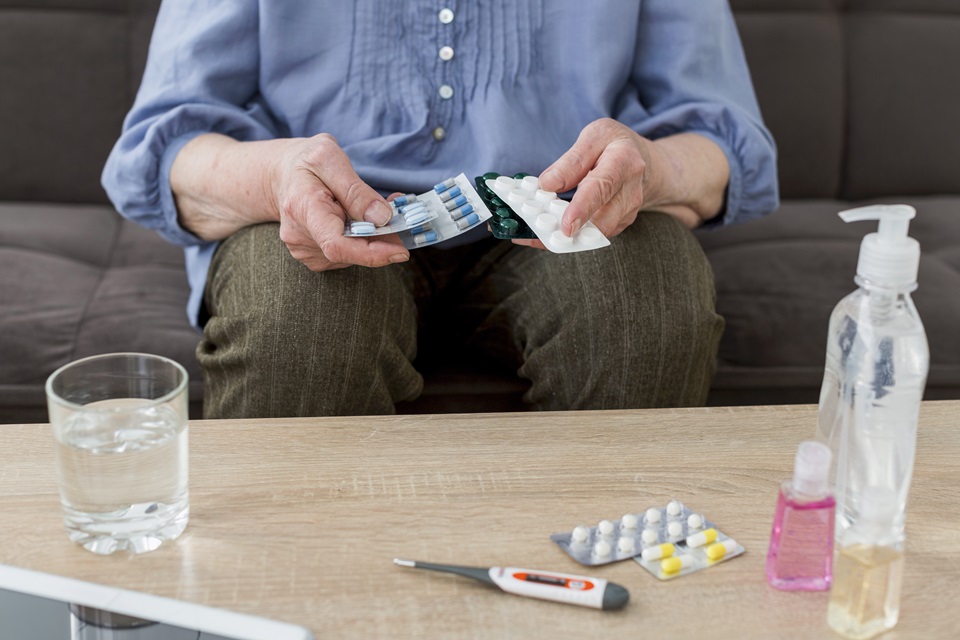If you’ve taken prescription medications before, you may have been warned of the threat of counterfeit drugs by your doctor or pharmacist. Counterfeit medications are imitations of legitimate treatments, often created with inferior or harmful materials. These fraudulent products can sometimes be a convincing replica of the drug they mimic, but a lack of proper regulation and quality controls can cause immense harm to an unsuspecting consumer. Understanding the potential dangers associated with counterfeit medications and the role they play in medical malpractice cases is crucial for making informed choices about your health.
Table of Contents
Immediate Health Risks Connected To Counterfeit Medications
First and foremost, one thing that users of counterfeit medications should be concerned with is the treatment’s efficacy. Knockoff medications frequently contain too much or too little of the legitimate drug’s active ingredient, which can hinder the effectiveness of the treatment. In some cases, the counterfeit medication may have no effect at all, causing the patient’s condition to worsen and requiring more drastic medical intervention. As a common example, counterfeit antibiotics may not eliminate a problematic bacterial infection, which in turn allows the bacteria strain to develop resistance to further antibiotic treatments.
The dangers of counterfeit medication extend beyond ineffective treatment sessions. Fake medications can contain harmful substances such as heavy metals, harmful substances, or even unregulated pharmaceutical ingredients. The contaminants found in some counterfeit drugs can cause nausea, allergic reactions, vomiting, and organ damage. In some cases, consumers may even suffer fatal harm associated with the use of counterfeit medications.
Unpredictable Interactions & Unexpected Reactions
Since the ingredients in counterfeit medications are not as strictly regulated as genuine prescriptions, it’s difficult to know for sure what the drugs contain. As such, counterfeit medications are likely to cause unpredictable interactions with other drugs the patient is taking. Patients may suffer unexpected side effects or a worsening of existing health problems. Healthcare providers may struggle to identify and treat the problem, especially if they are unaware that their patient has been exposed to dangerous drugs.
Low-quality medical ingredients can also cause allergic reactions or hypersensitivity responses. Patients with sensitivities or allergies to specific medications are especially likely to suffer significant side effects, as they may be unable to tolerate allergens present in a counterfeit medication.
Long-Term Effects Of Counterfeit Drugs
The potential short-term consequences of counterfeit medications are nothing to scoff at. However, continued use of unsafe medications can have a significant impact on a patient’s wellbeing as well. The widespread use of counterfeit antibiotics is a major contributor to the growing problem of antimicrobial resistance. When weak or ineffective drugs are used to treat bacterial infections, it is unlikely that they will be entirely successful. As a consequence, surviving bacteria become more resistant to future antibacterial treatments, even if legitimate medications are used. The continued development of resistant bacteria poses a significant challenge to public health in the fight against infectious diseases.
Chronic use of counterfeit medications can also lead to long-term organ damage. Counterfeit versions of legitimate medications can contain incorrect doses of active ingredients, which places stress on the body’s organs. The liver and kidneys are at particular risk, as they process medications. Sustained use of dangerous drugs over time can lead to organ dysfunction or even failure.
Reducing The Risk Of Counterfeit Medications
Counterfeit medications should be avoided, as they are capable of causing a number of both short- and long-term health problems. The best way to ensure you are not exposed to dangerous or defective drugs is to be proactive and informed about your prescriptions. You may consider doing the following:
- Consult with Healthcare Professionals: Discuss your prescriptions with a healthcare professional or pharmacist. They can help you find a safe, effective treatment method and answer questions about the legitimacy of a medication.
- Purchase from Licensed Pharmacies: Obtain your medications from licensed pharmacies or healthcare providers who source medications through legitimate channels.
- Be Wary of Online Pharmacies: Online pharmacies may get their supply from reputable sources or sell medications without requiring a prescription. Ensure that an online pharmacy has a history of legitimate, safe operations before purchasing from them.
- Inspect Packaging and Medication: When picking up a prescription, check the packaging and label carefully for any signs of tampering. Be on the alert for misspelled words, incorrect expiration dates, or information that does not exactly match your prescription.
By following these steps and staying informed about the dangers of counterfeit medications, you can avoid the inherent risks of dangerous medications.



